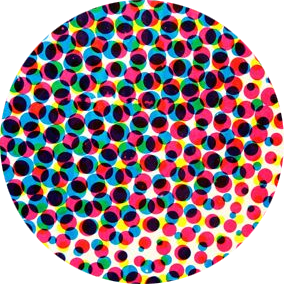The Poignant Coffee Shop Scene in “Ducks”





That connection between toxic masculinity and legitimized sexual violence represents one of the most prominent themes in “Ducks” and by situating their beloved father within an uncomfortable hypothetical, the Beatons intrinsically ask the reader to contemplate this theme. 5/9

Kate responds “Yes, I get sad thinking about – I don’t like thinking about it.” And later “It bothers me though, thinking about it…” to which Becky responds “It bothers me” as well. The scene then simply ends after a single panel of pregnant pause. 6/9

The pause underscores the irresolution of the scene, which has the narrated “I” (Katie Beaton – Oil Sand worker) not wanting to entertain the question, while the narrating “I” (Kate Beaton – comics creator) very much does, as it’s the subject of the scene – its entire purpose 7/9

This distance between “I”s thus reflects the distance of years and the way Beaton’s thoughts have changed over time, but also the extent to which the question has haunted Beaton, and leaving the readers hovering in that same unresolved moment ably reflects that reality. 8/9

As it is for Beaton, the readers can find no easy answers here and the depth of the question is simply left to reverberate around a story of emotional suffering and trauma. 9/9
